First Chevrolet went mid-engined, with the new Corvette. Now it’s the turn of Aston Martin, with the new Valhalla. But while America’s sports car remains relatively accessible, the Valhalla – revealed in production form – enters an altogether more exclusive market.
The Valhalla was shown as a concept car at the 2019 Geneva motor show, but it’s clear from the company’s latest images there have been significant changes behind the scenes to bring it to production.

Rumours of a 3-litre V6 powerplant have not materialised. Instead, the production Valhalla uses a four-litre, twin-turbocharged V8 with a flat-plane crank (the letters “AMG” aren’t mentioned anywhere, but if it’s not the lump from the AMG GT Black Series we’ll eat our AMG-branded hat) and bespoke eight-speed dual-clutch transmission. Both are designed to work as part of a plug-in hybrid powertrain, with an electric motor at either end of the car for EV-assisted all-wheel drive.
The engine alone – which powers the rear wheels – is good for 740bhp at 7200rpm, while a 400V battery pack and 150 kilowatts (around 201bhp) between the axles means the Valhalla has a total of 937bhp.
The use of an electric motor on the front axle means that the Valhalla will, for short periods, be able to drive along on electric power alone (as the world’s most unlikely front-wheel drive car), but in ordinary driving the motors will contribute their assistance and regenerative braking efforts, and can apportion power in variable quantities depending on driving conditions. Incidentally, the electric power also supplies the car’s reverse gear.
As far as the more traditional aspect of the drivetrain goes, the V8 uses active exhaust flaps for the neat high-exit exhaust outlets, while the rear axle benefits from an electronic limited-slip differential.
In terms of performance, the numbers are predictably large. Well, aside from the 2.5-second zero-to-62mph time, which is quite small, but there’s a top-end of 217mph. Aston claims up to 80mph in e-mode alone, a zero-emission range of just under ten miles, and a low (for a hypercar) CO2 figure of 200g/km. If you thought you’d escape claims of a new Nurburgring time, then sorry – Aston Martin is aiming for sub-6:30. That’s up there with a Group C Porsche.
To rein it all in again there are Carbon Ceramic Matrix brake discs operated by a brake-by-wire system, while the Michelin tyres wrapped around 20-inch front wheels and 21s at the rear are bespoke to the Valhalla. Suspension is by pushrods with inboard springs and dampers at the front, and multilink at the rear – each using Multimatic variable springs and spool valve dampers, capable of dropping the car to the deck in its max-downforce track mode.
Aston Martin is aiming for a dry weight of under 1550kg. Call that mid-1600s for a car with all its fluids, which isn’t light in the greater scheme of things but isn’t bad for a car on the other side of 900bhp carrying a battery pack and twin-turbo V8 around.
This relatively low mass is thanks in part to the car’s carbonfibre tub, though the car’s aerodynamically sculpted form (some of which features active elements, and much of which happens underneath the car) contributes to 600kg of downforce at 150mph.
In amongst all the mention of Formula One-inspired technology and redefining the supercar sector there’s no official mention of price or availability (though somewhere around £600k and 2023 are the estimates), nor any images yet of the car’s cabin, which will no doubt carefully tread the line between racy and the luxury the brand is known for.
Do you think this is a fitting addition to the Aston Martin family? Let’s put the world to rights, and share views in the comments area, below.
Read more
Buying Guide: Aston Martin DB7
Combustion engine fires its parting shot as Audi and Aston Martin end development
Will the restored Aston Martin Bulldog hit 200mph?

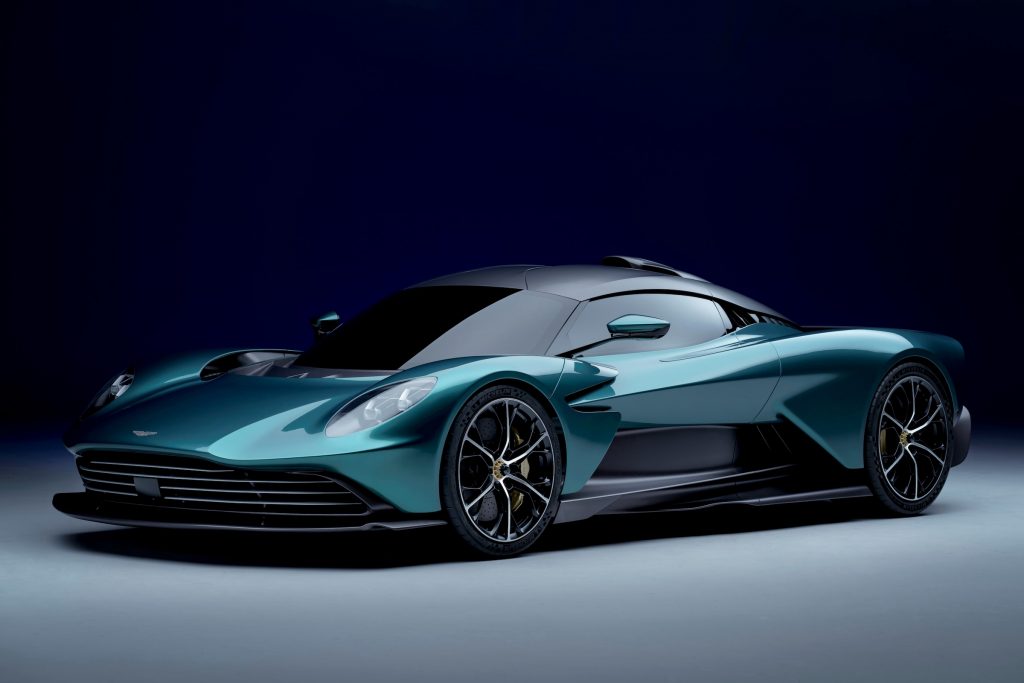
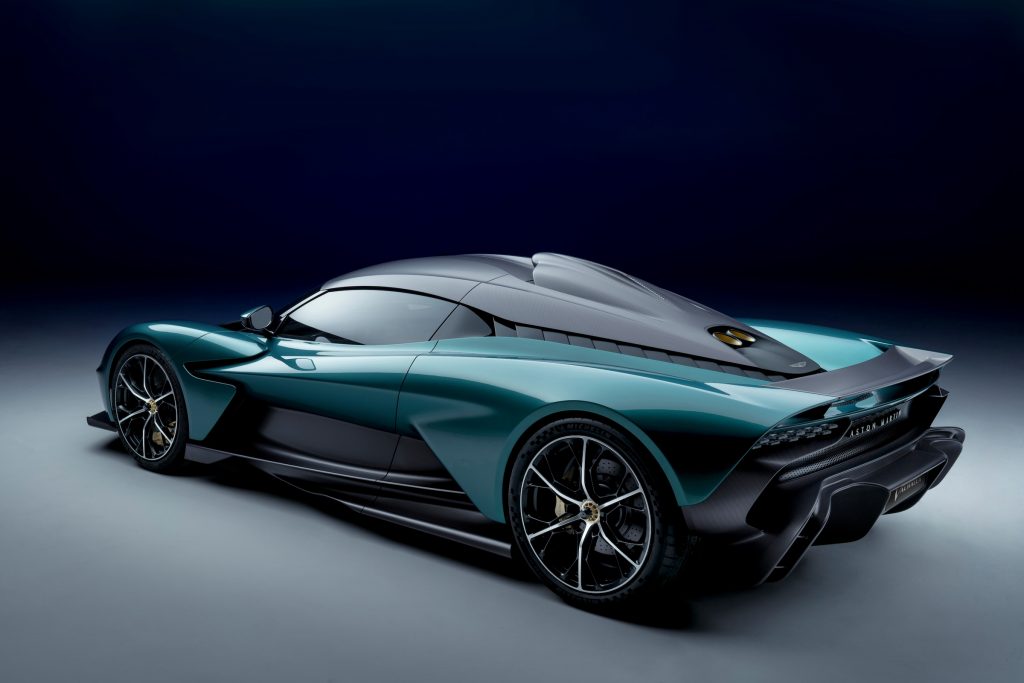
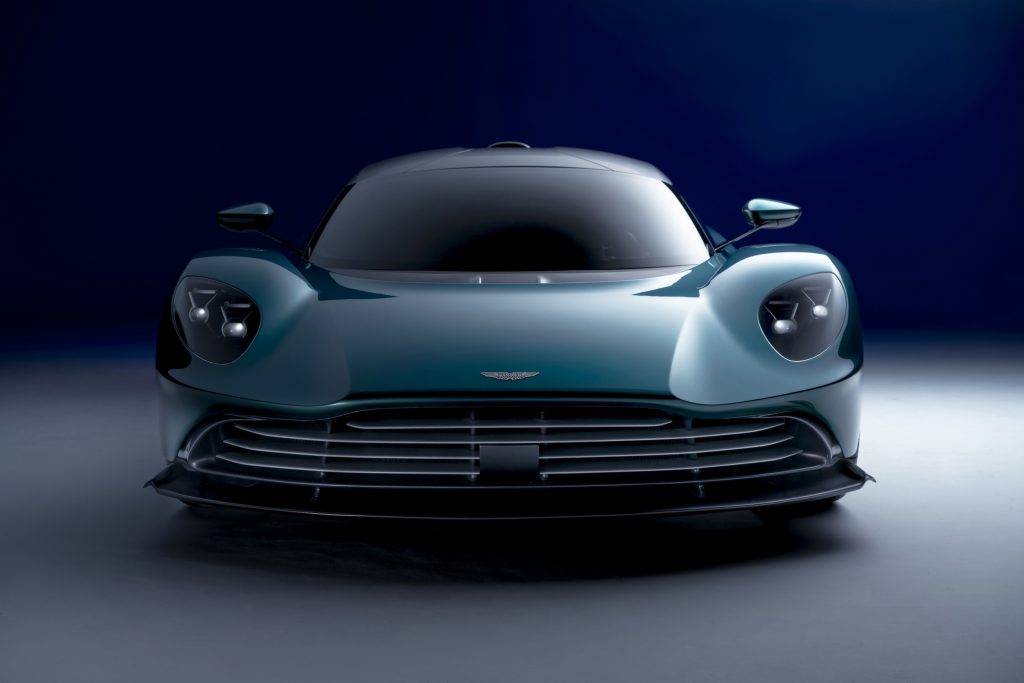
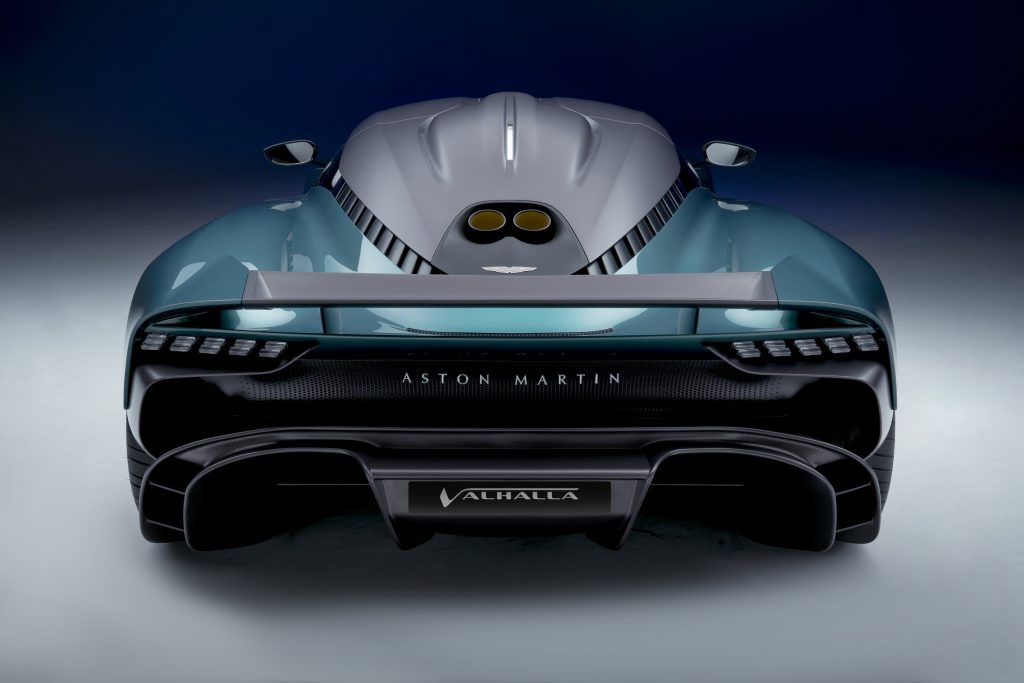
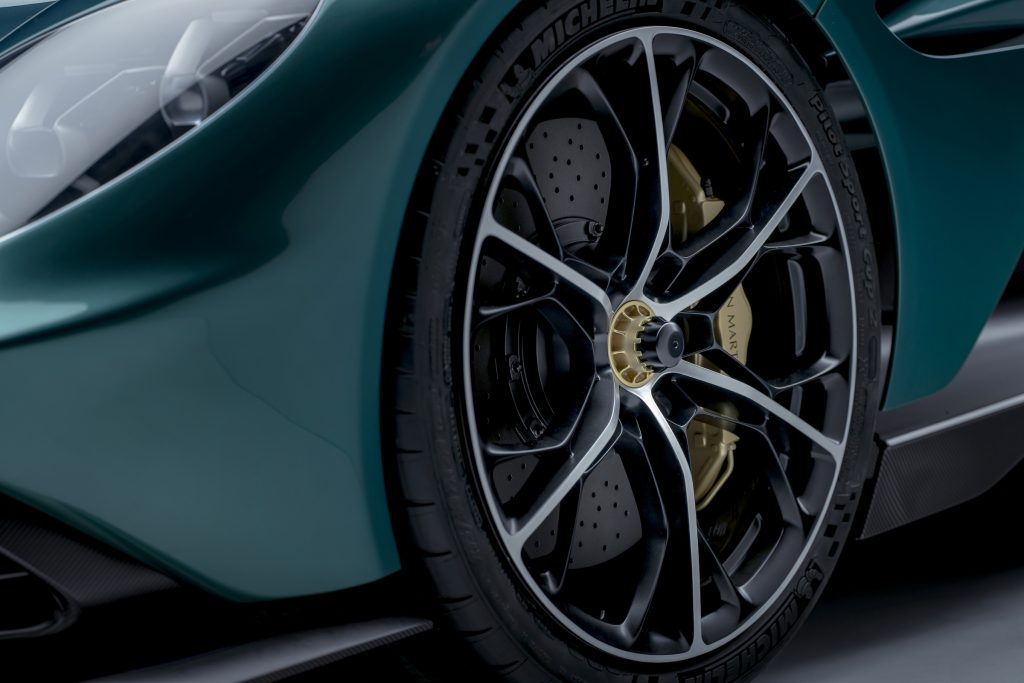
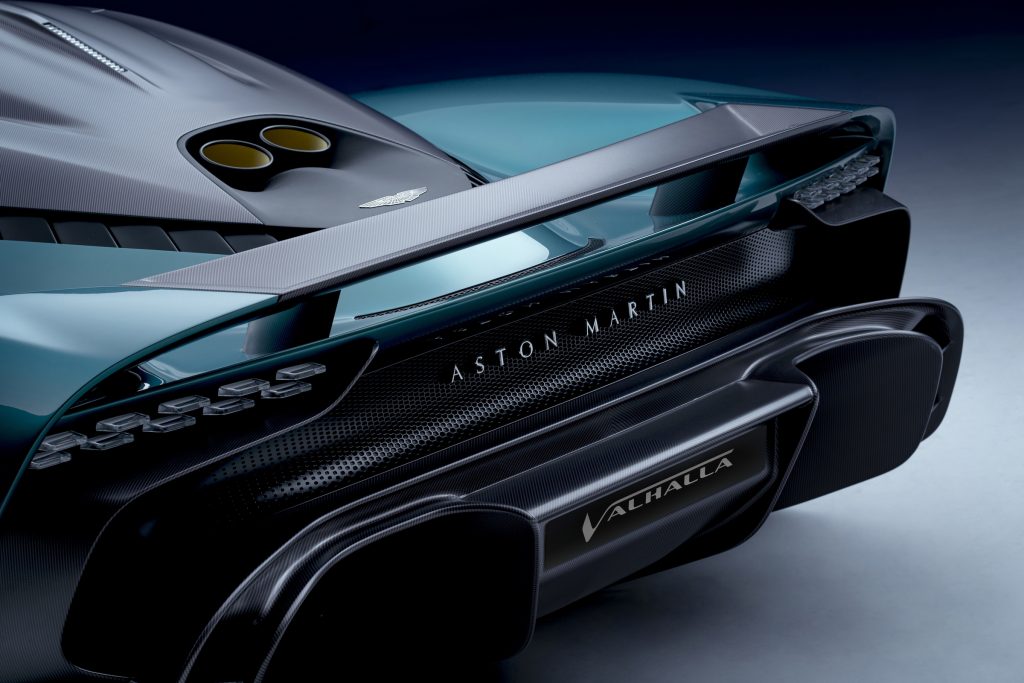
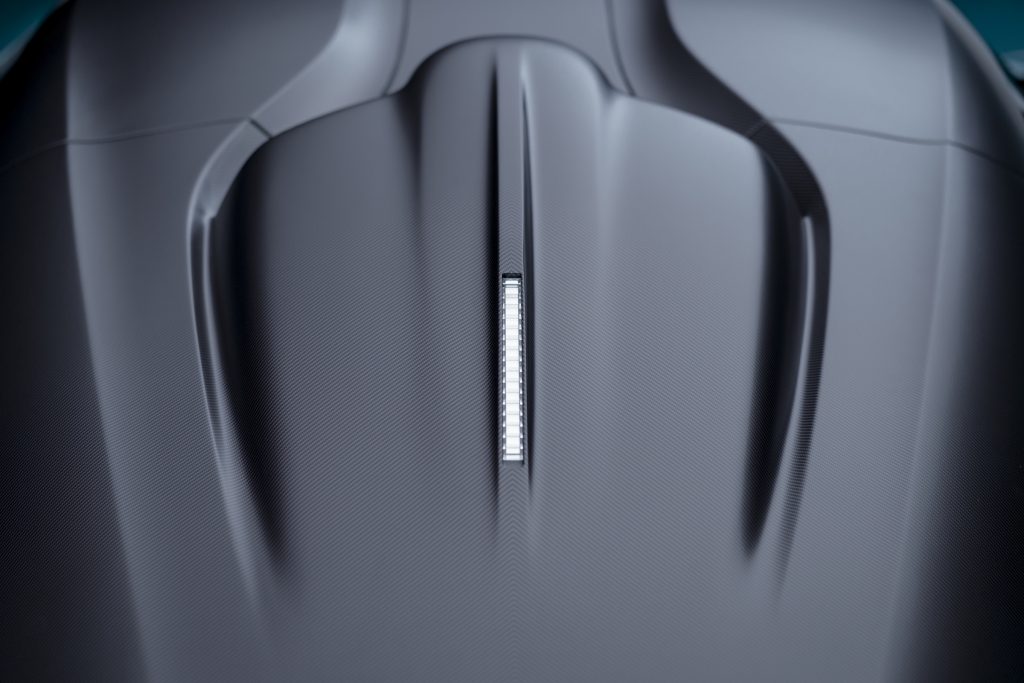
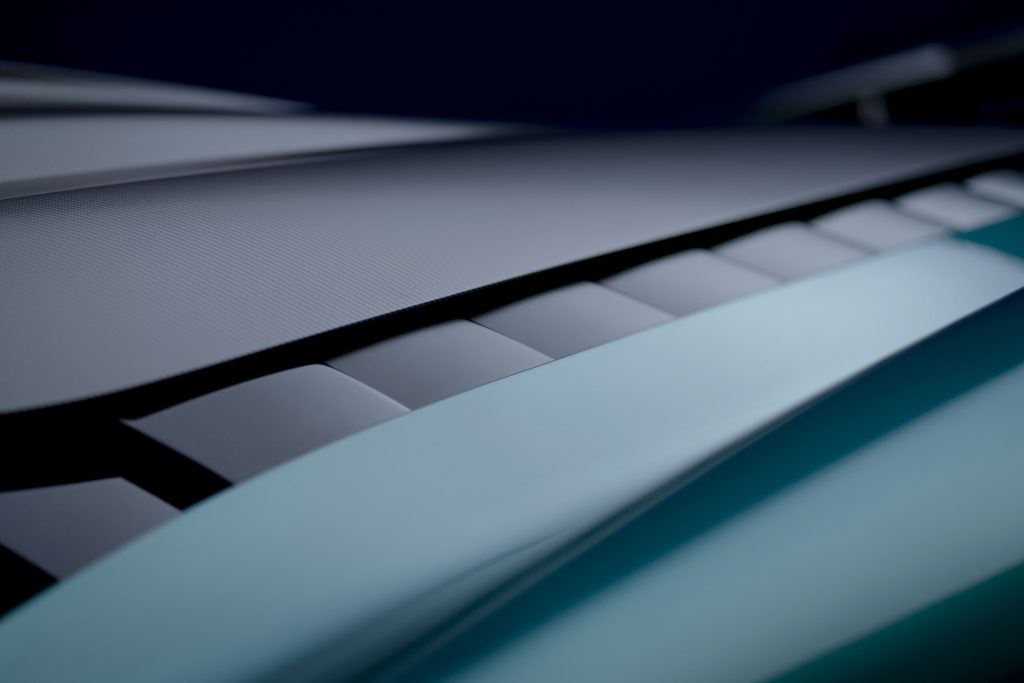
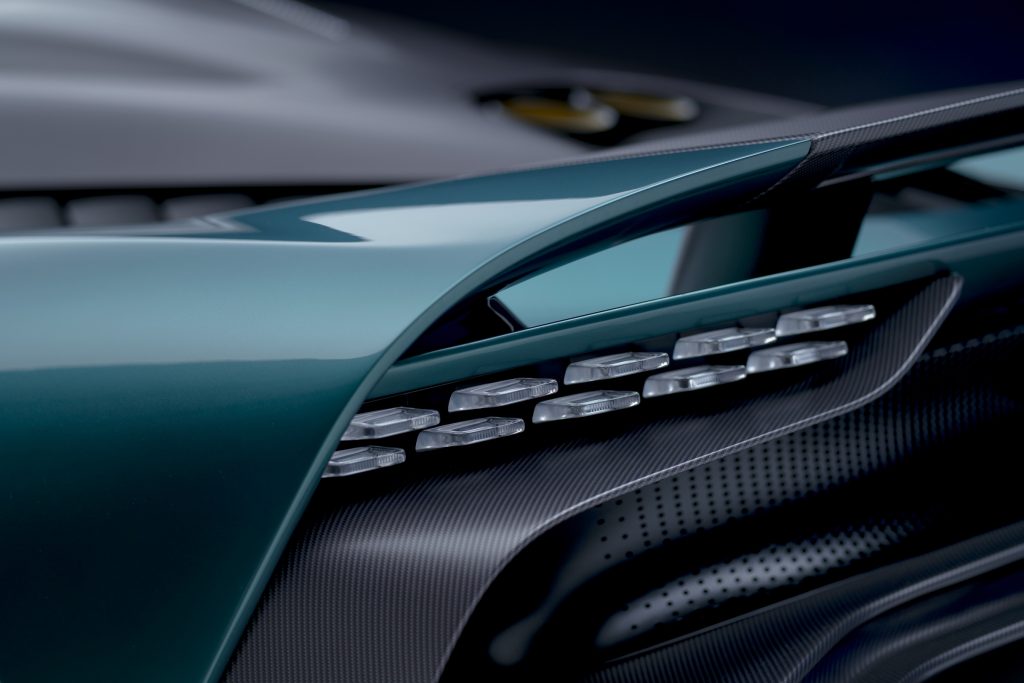
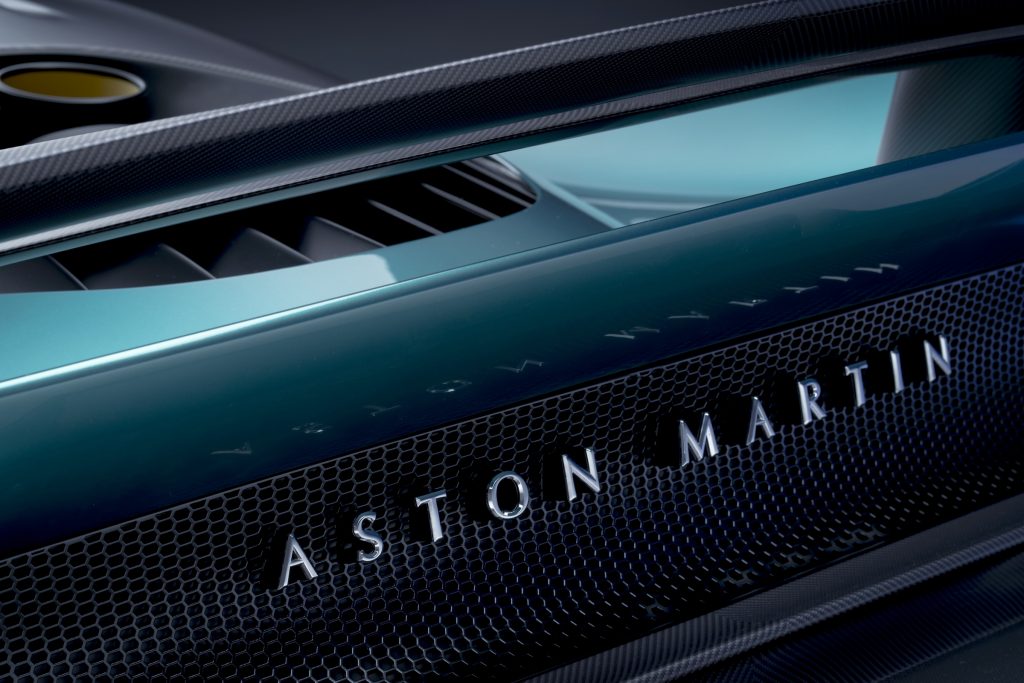
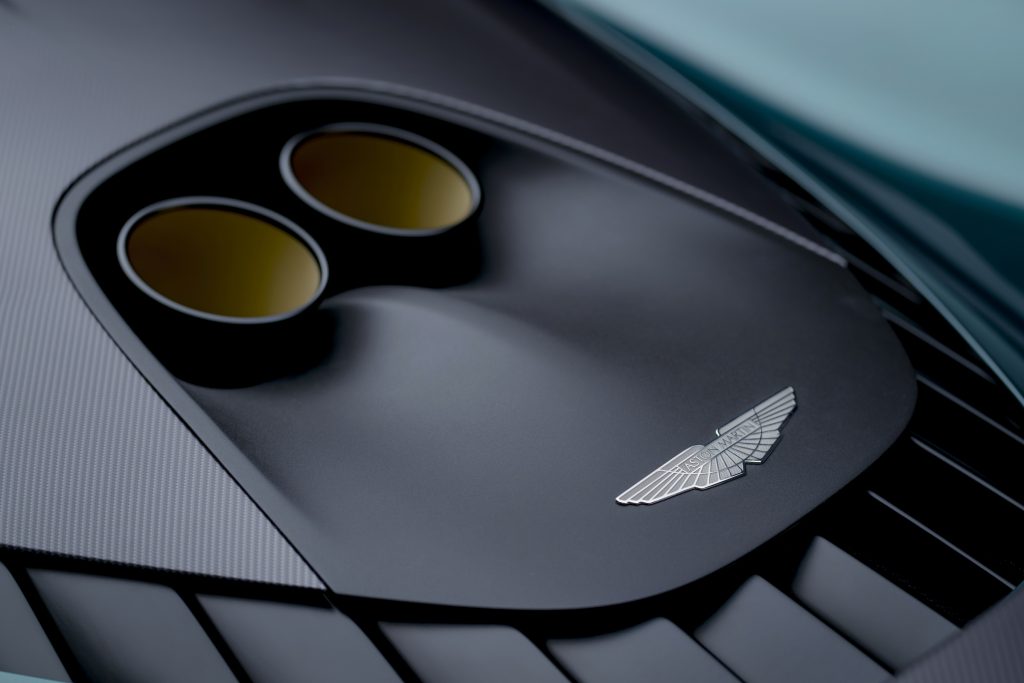
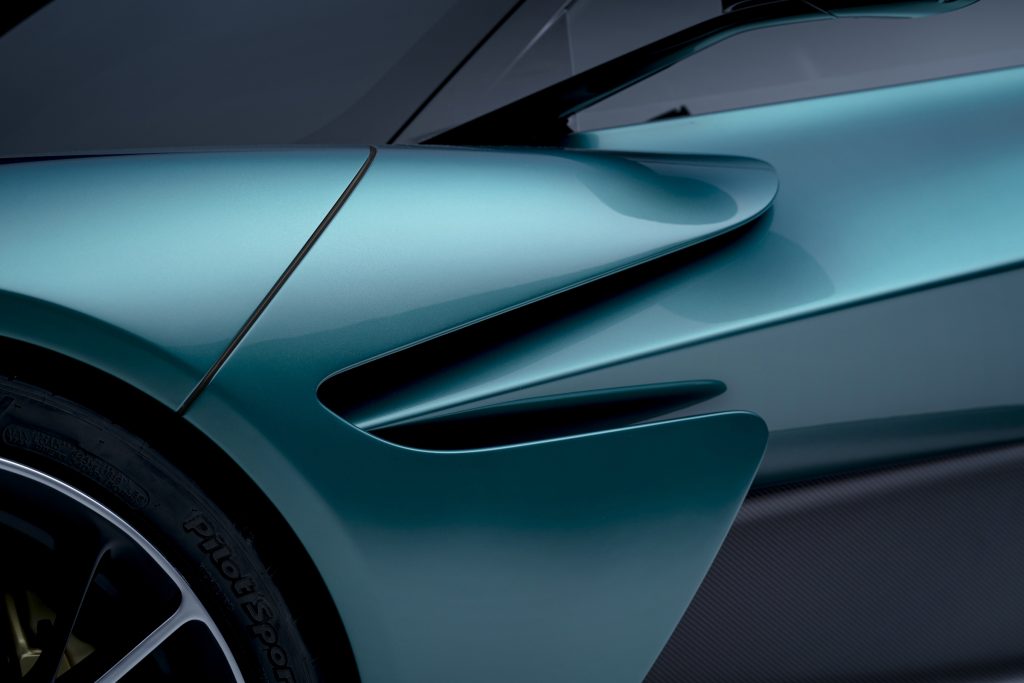

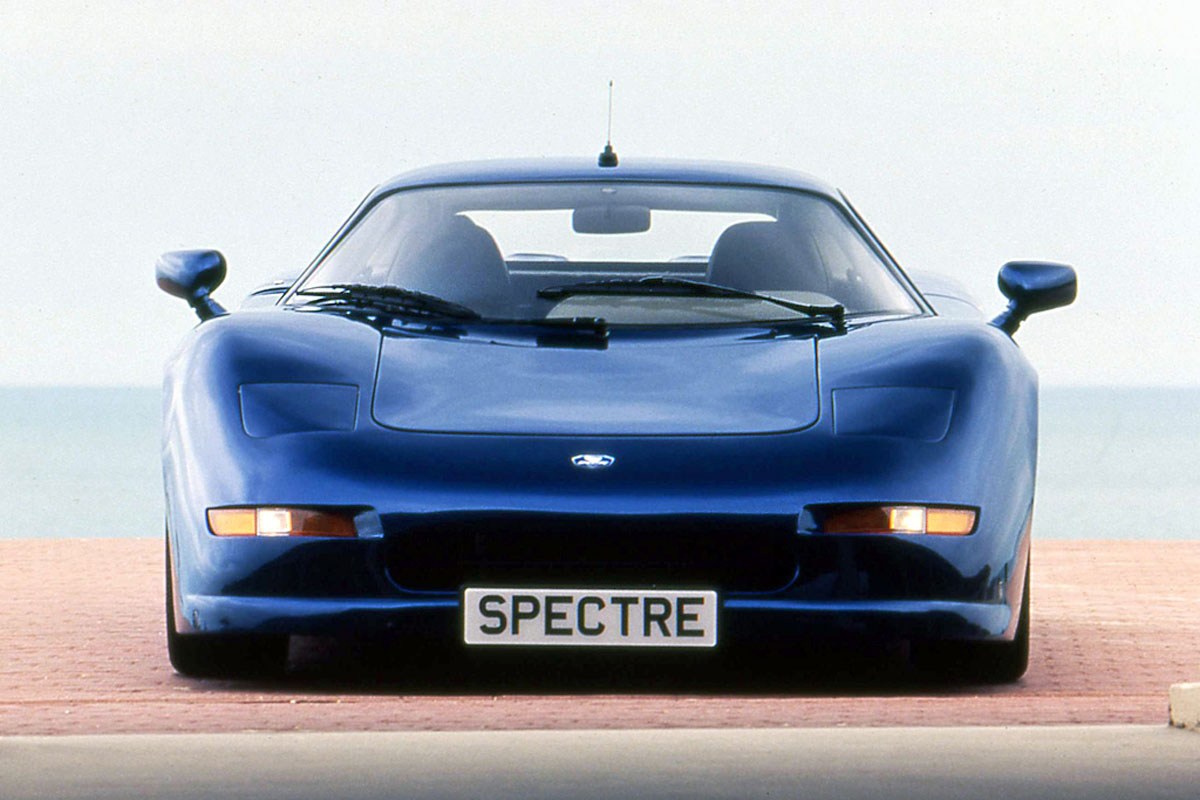
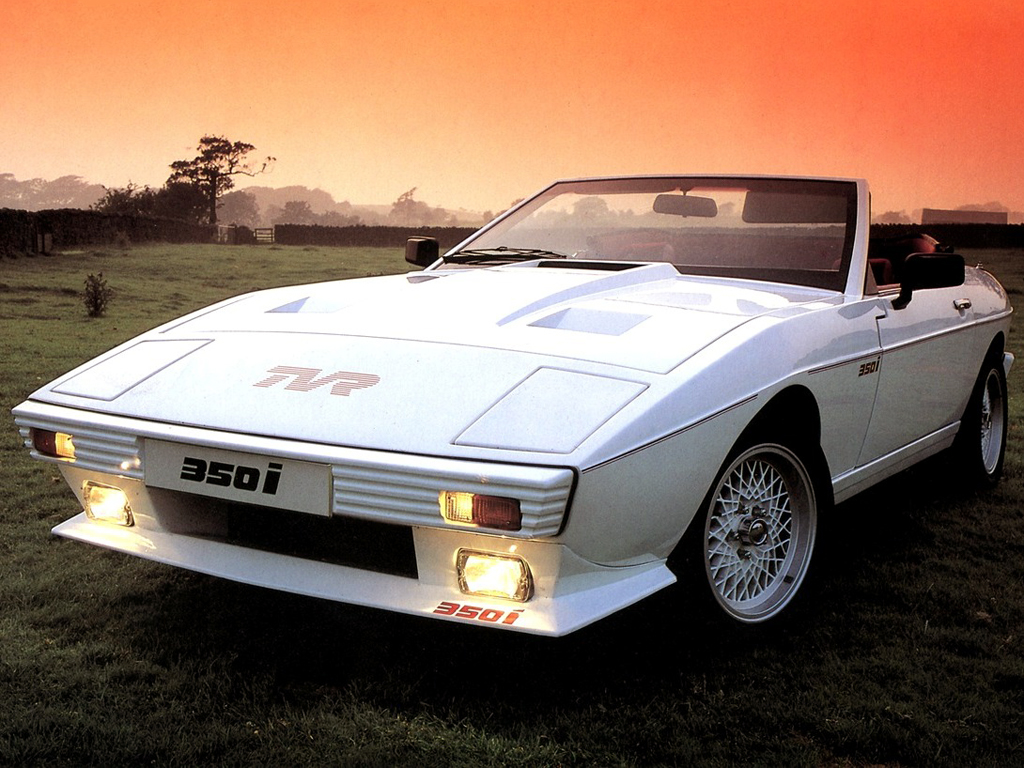
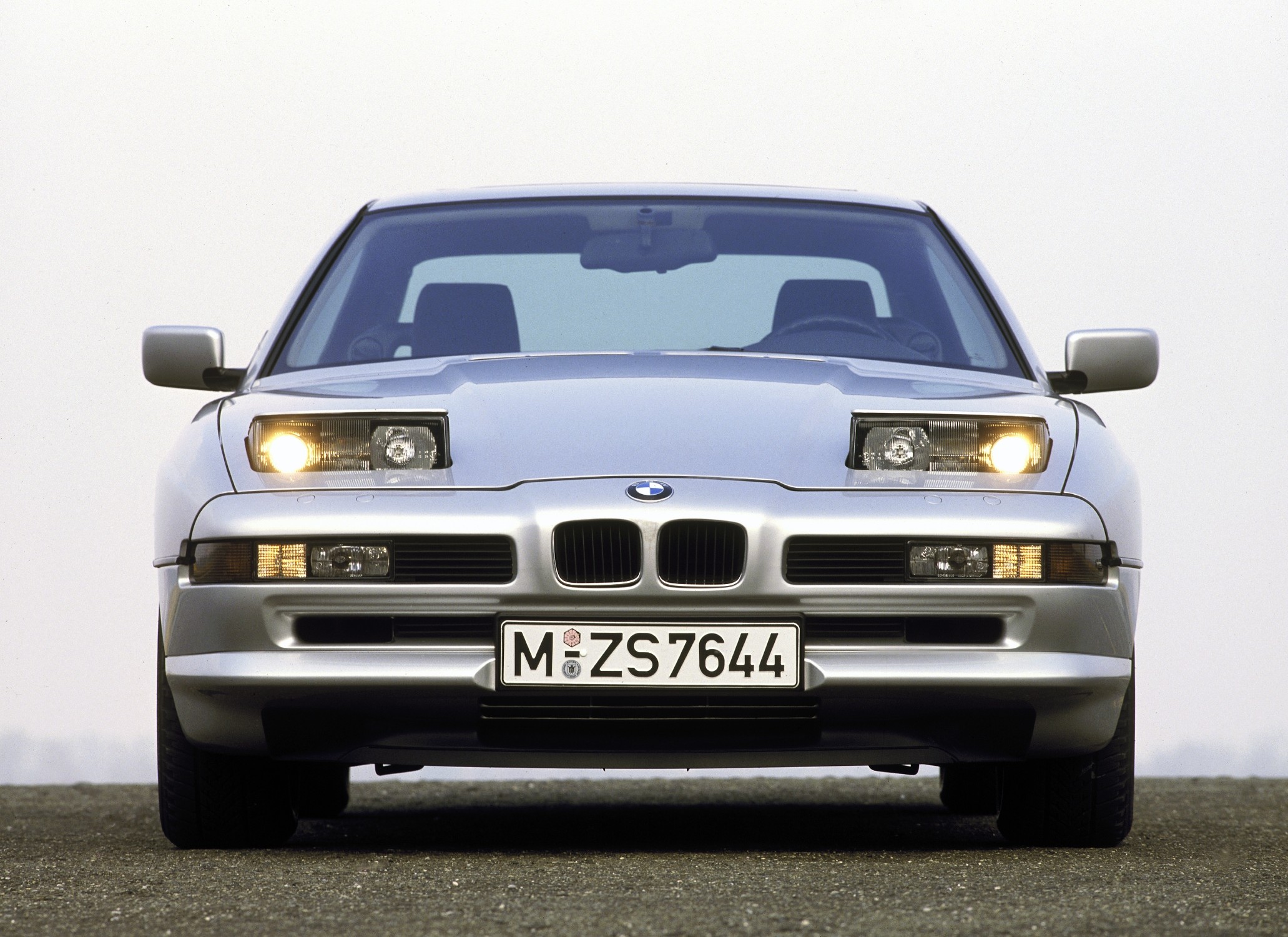

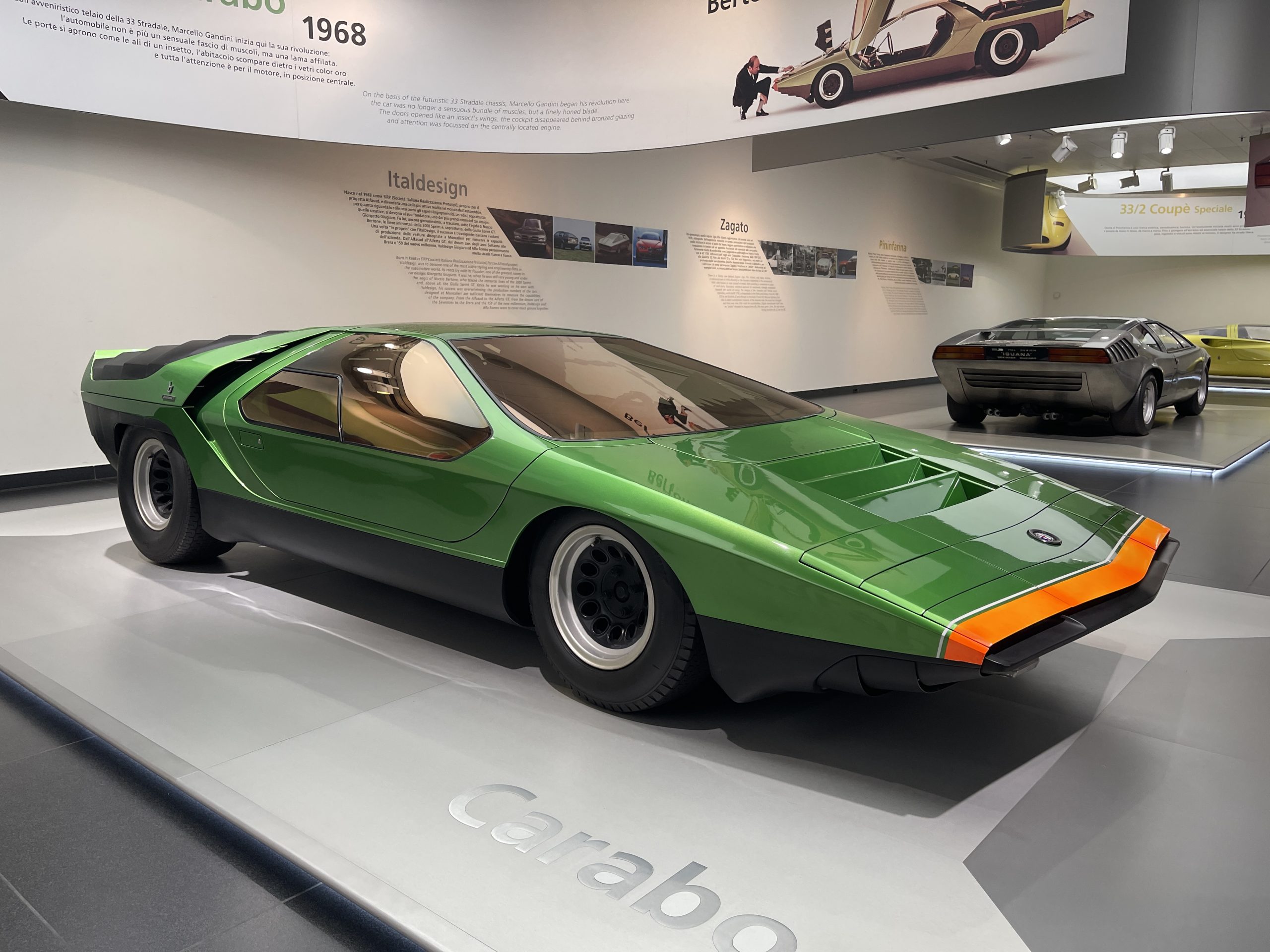
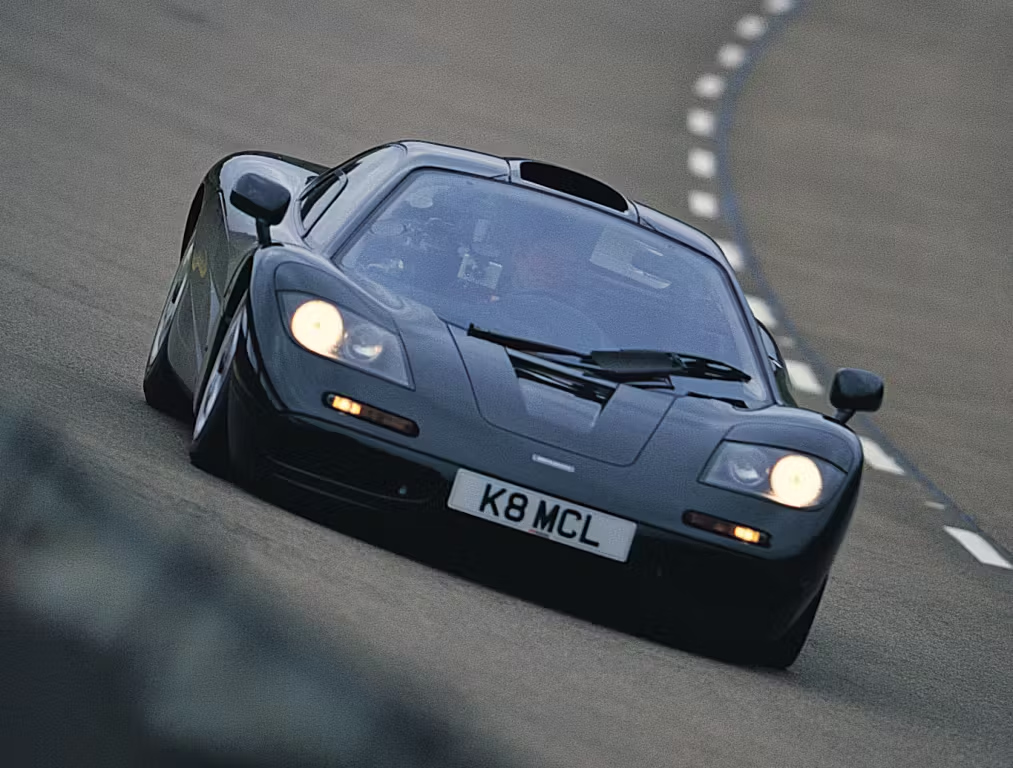

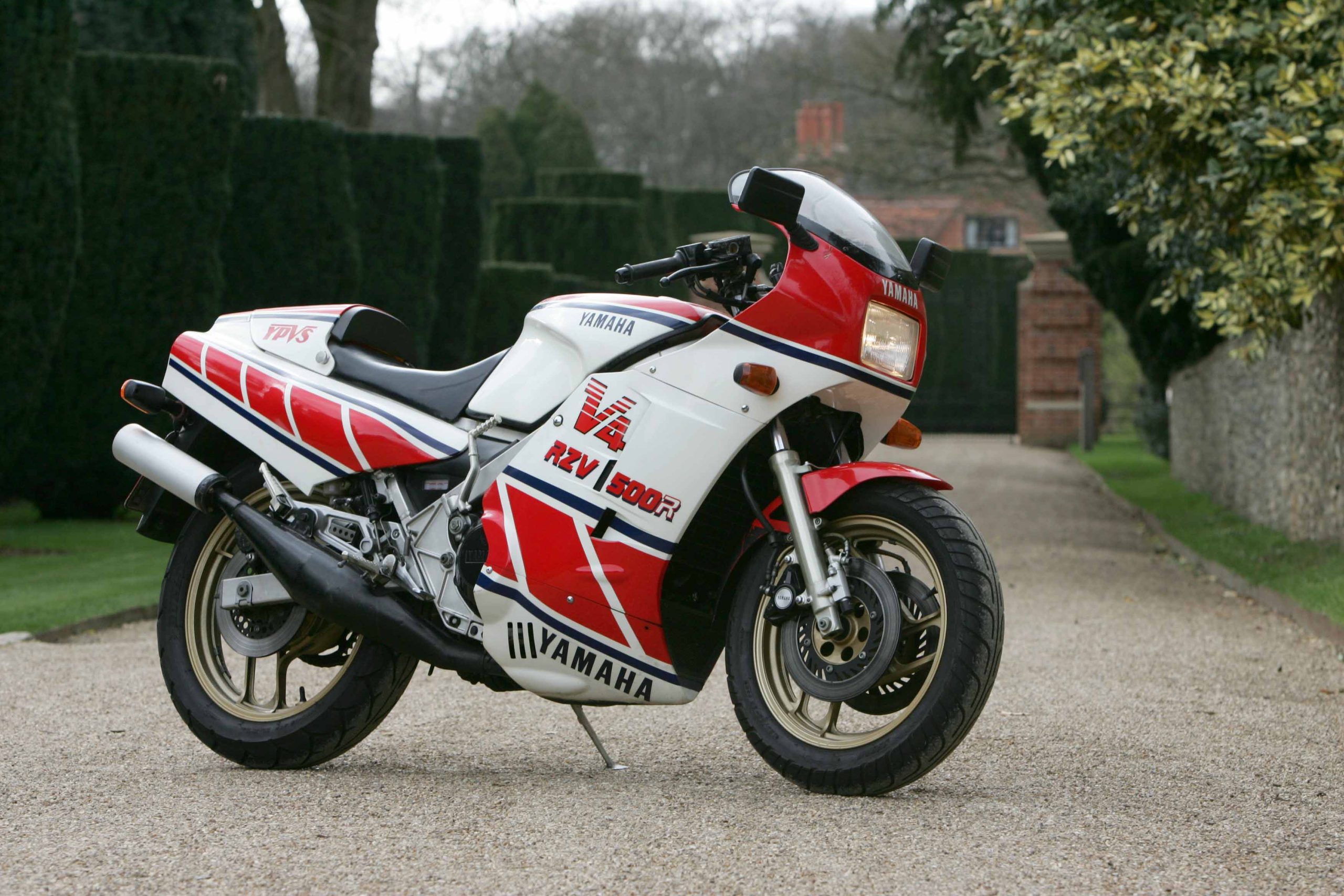
Let’s have it right, this is a *very* handsome beast!
As a millennial, I’m often caught between the nostalgia of the old (ICE) guard and the exciting potential of the new (electric) guard. Hybrids rarely hit the spot, for me; almost as if the car has an identity crisis. I’m not sure if the future will look too kindly upon them, either.
I look forward to watching/reading its performance reviews, but for now, you’ll have to excuse me while I find something to mop up this drool …